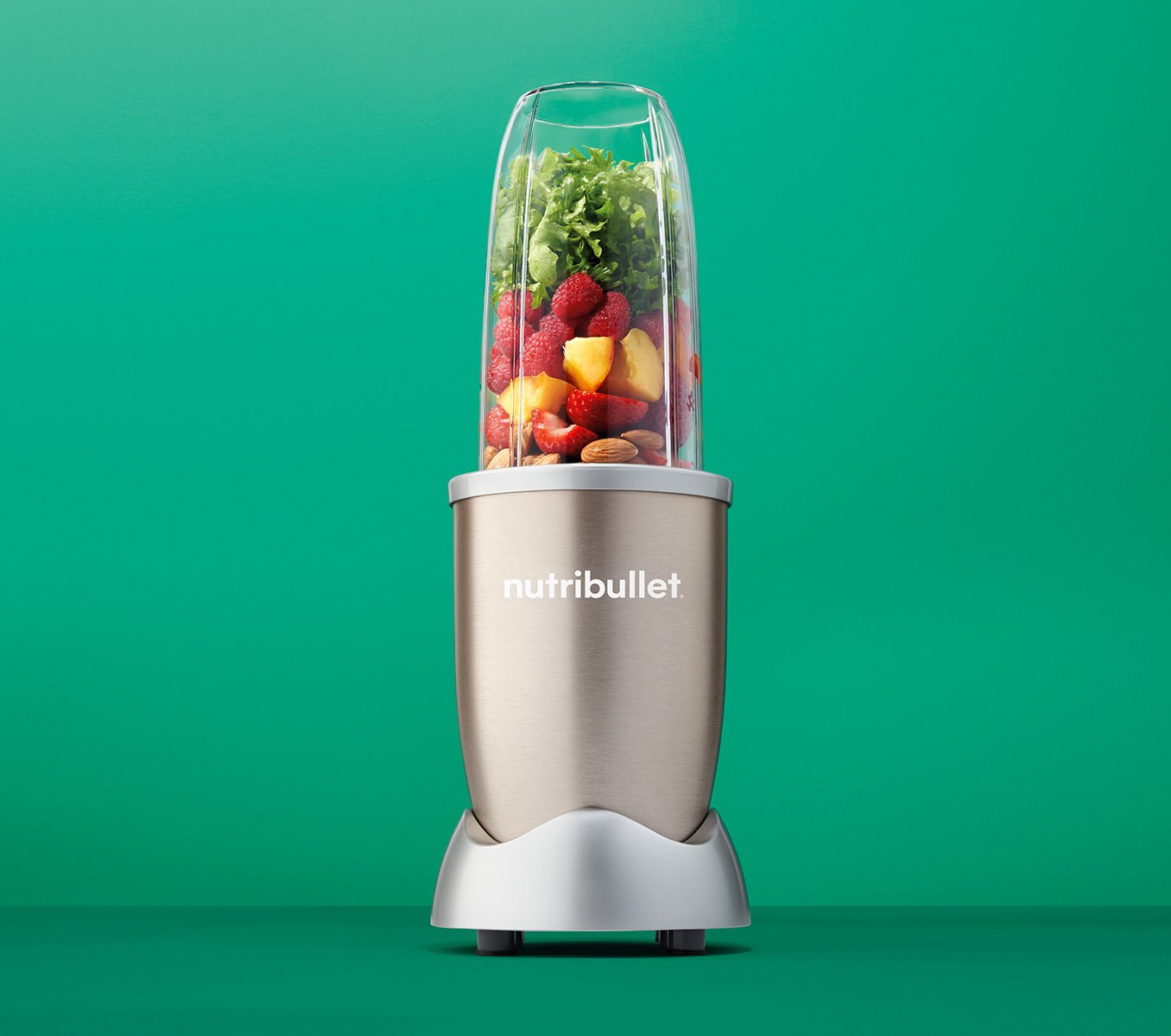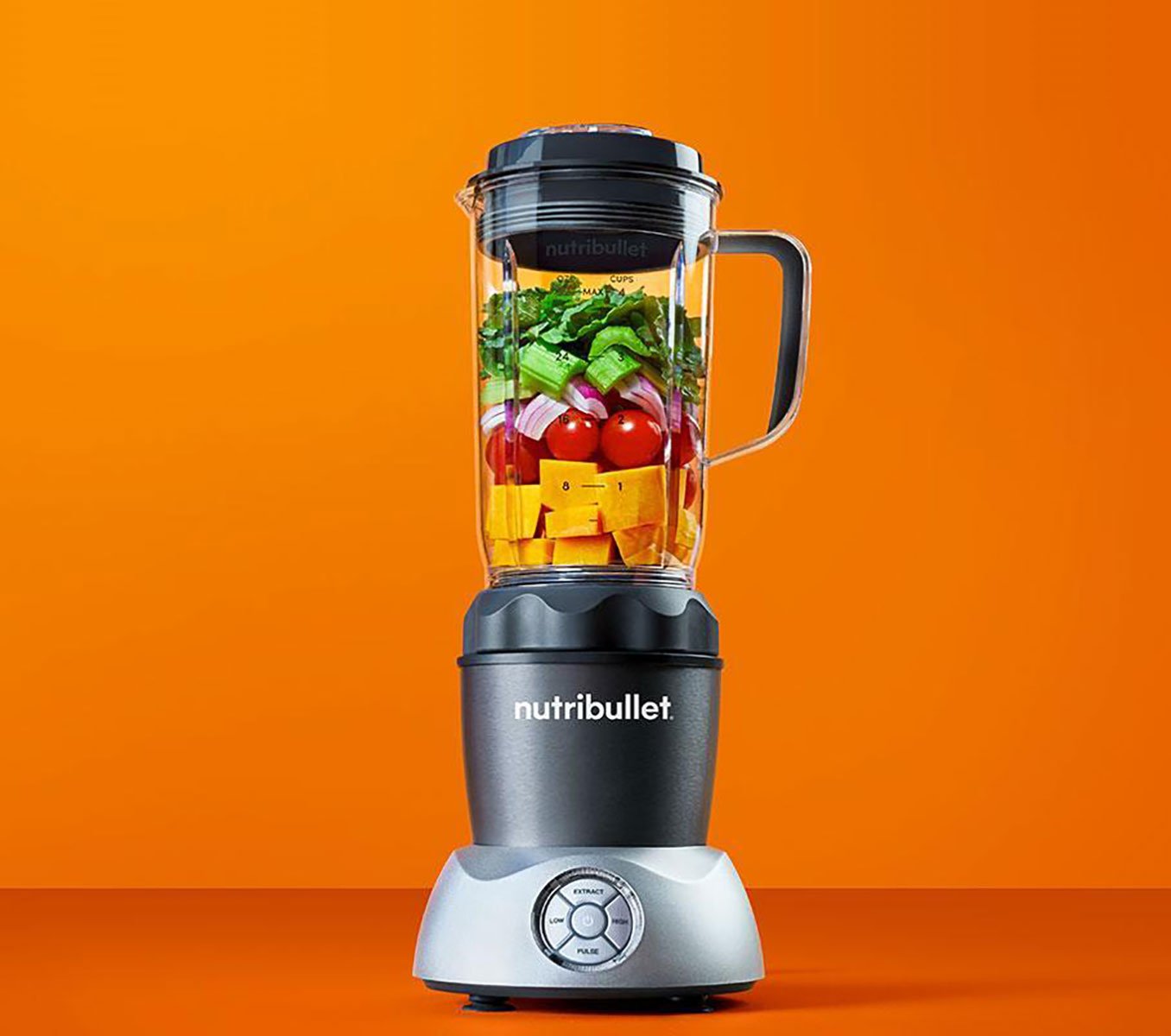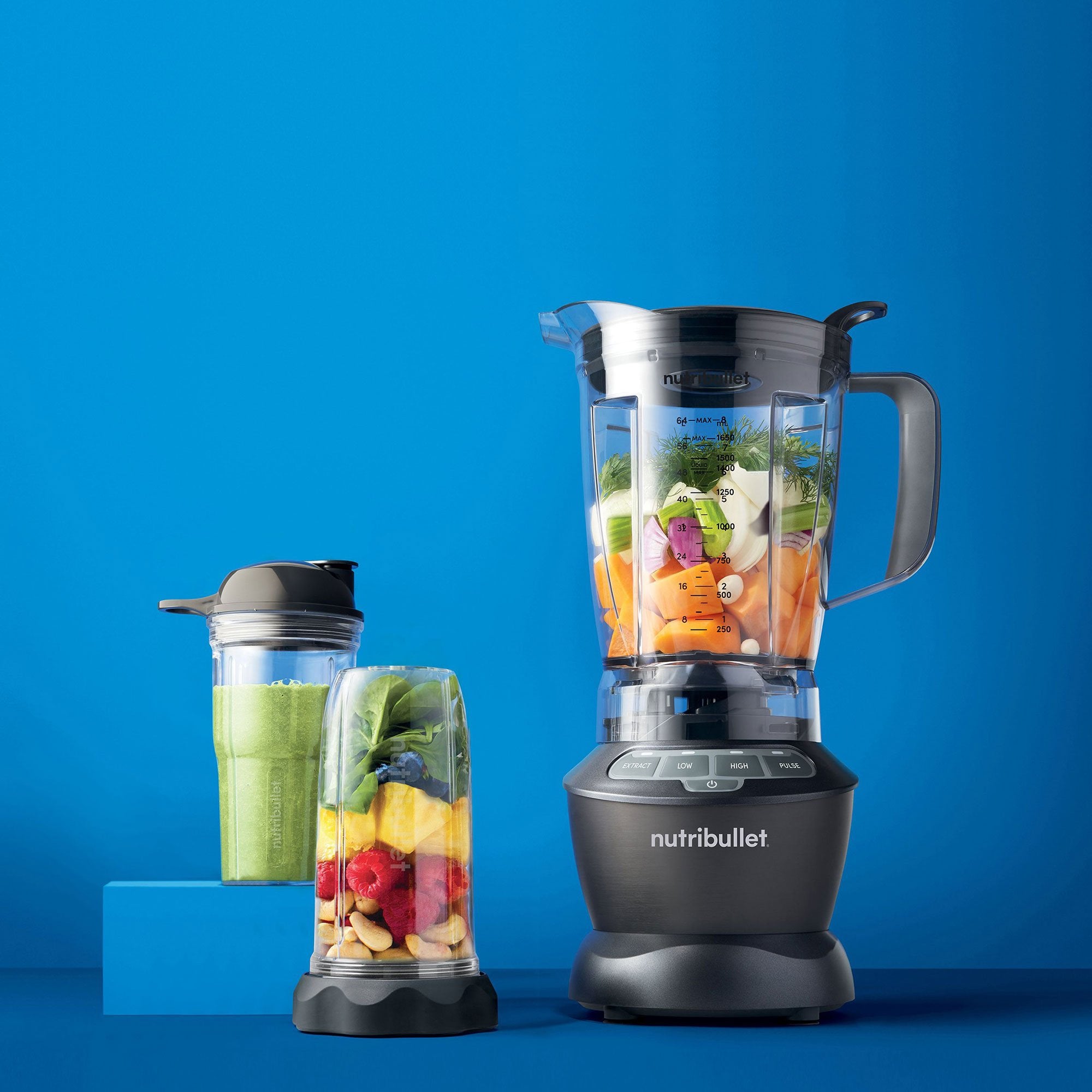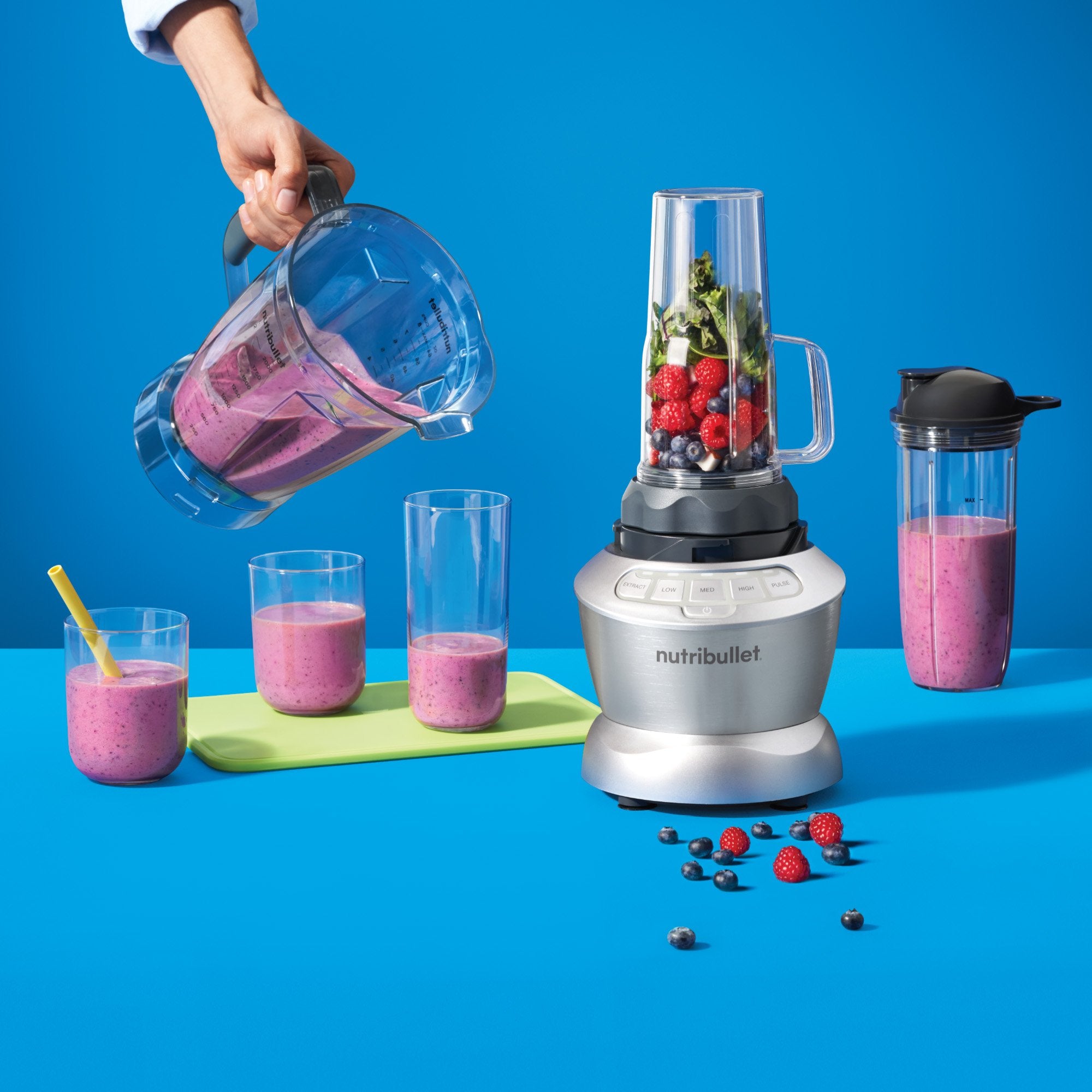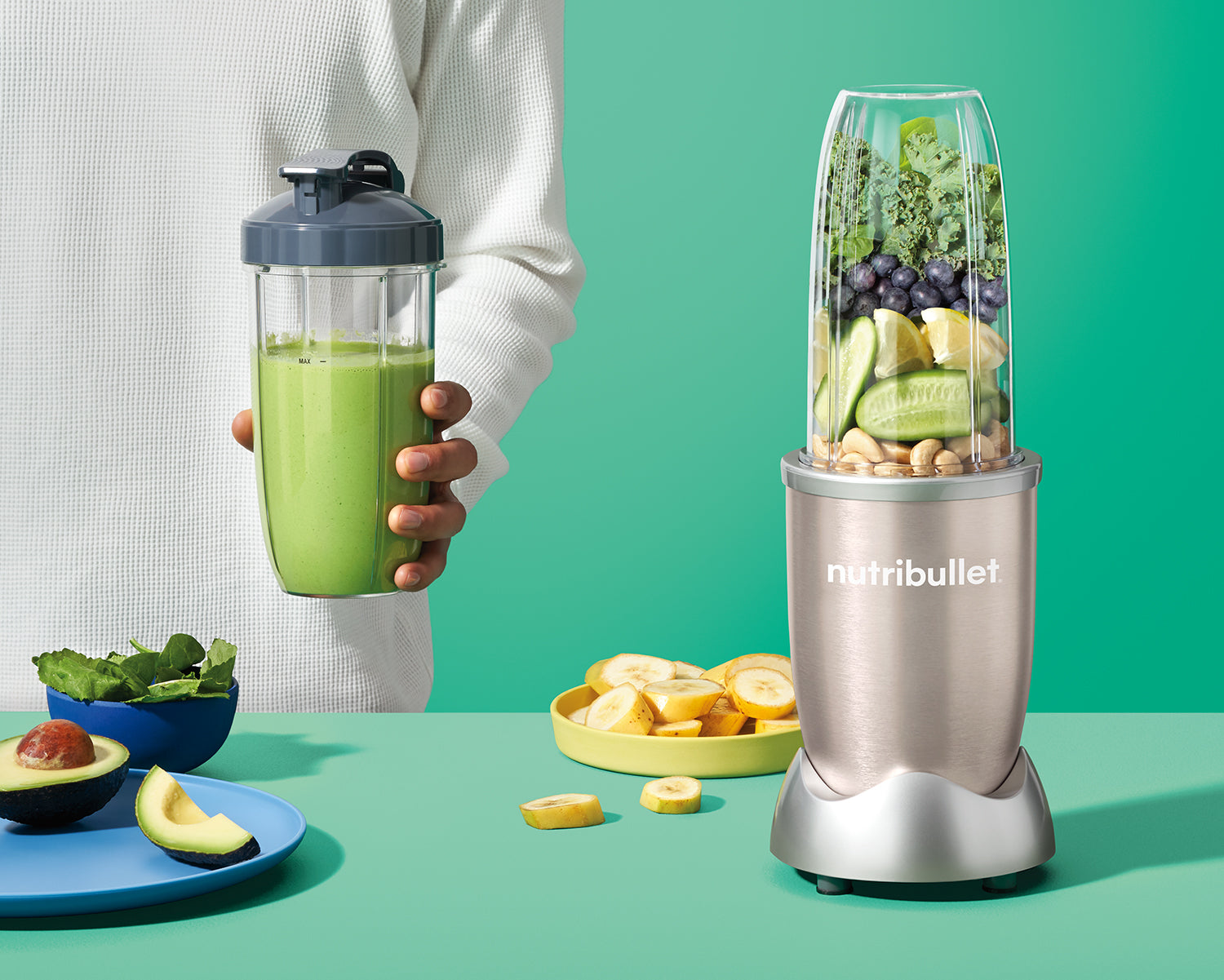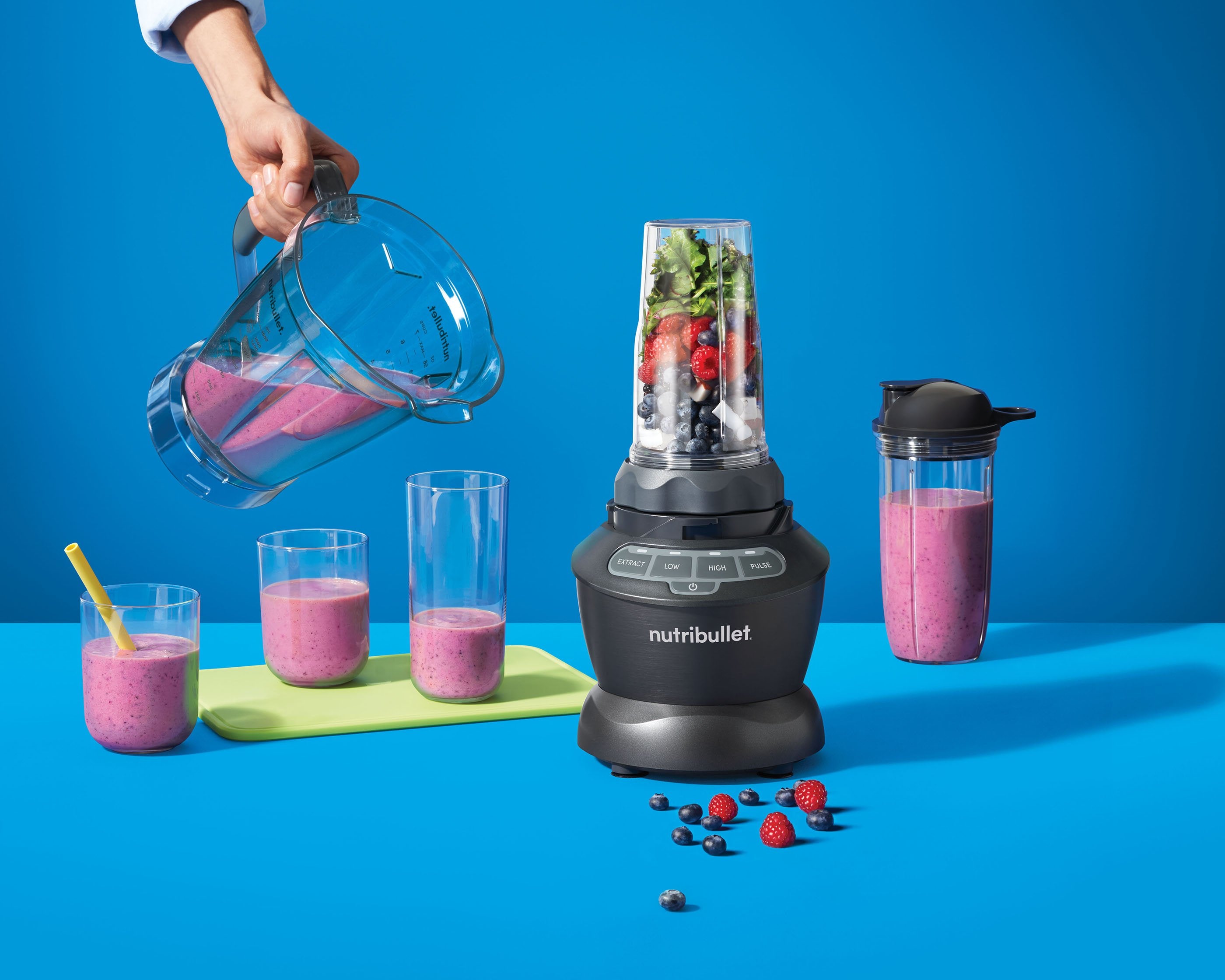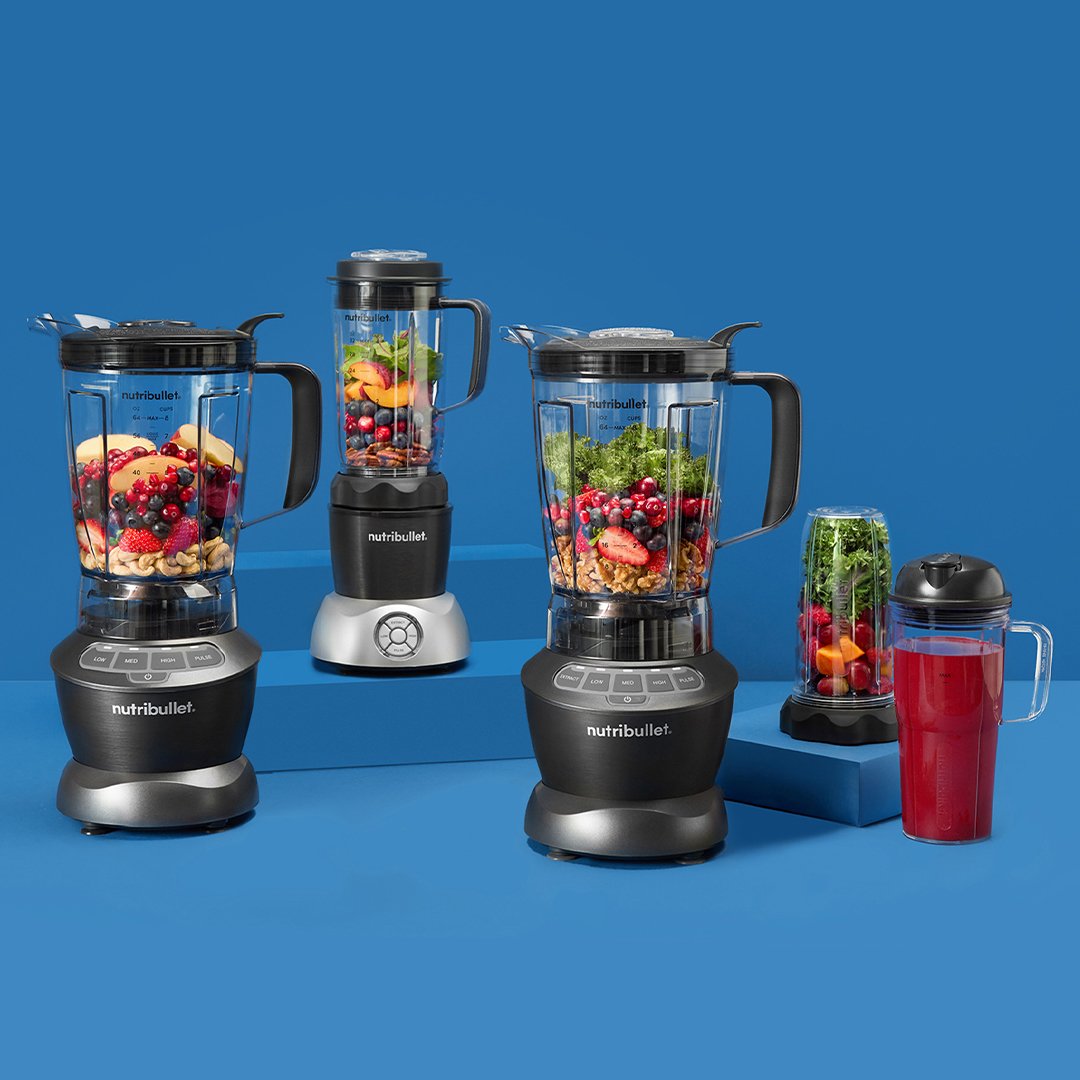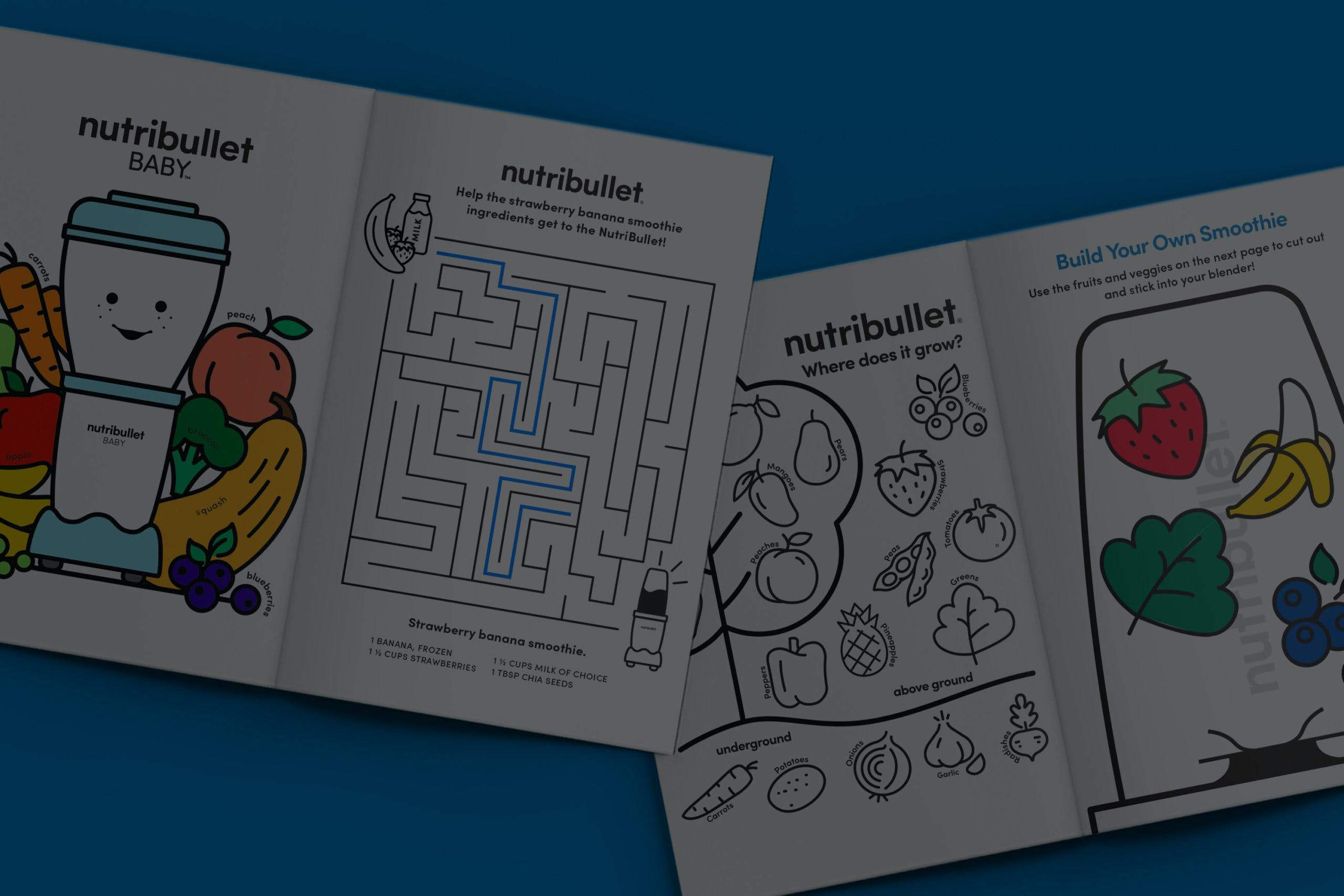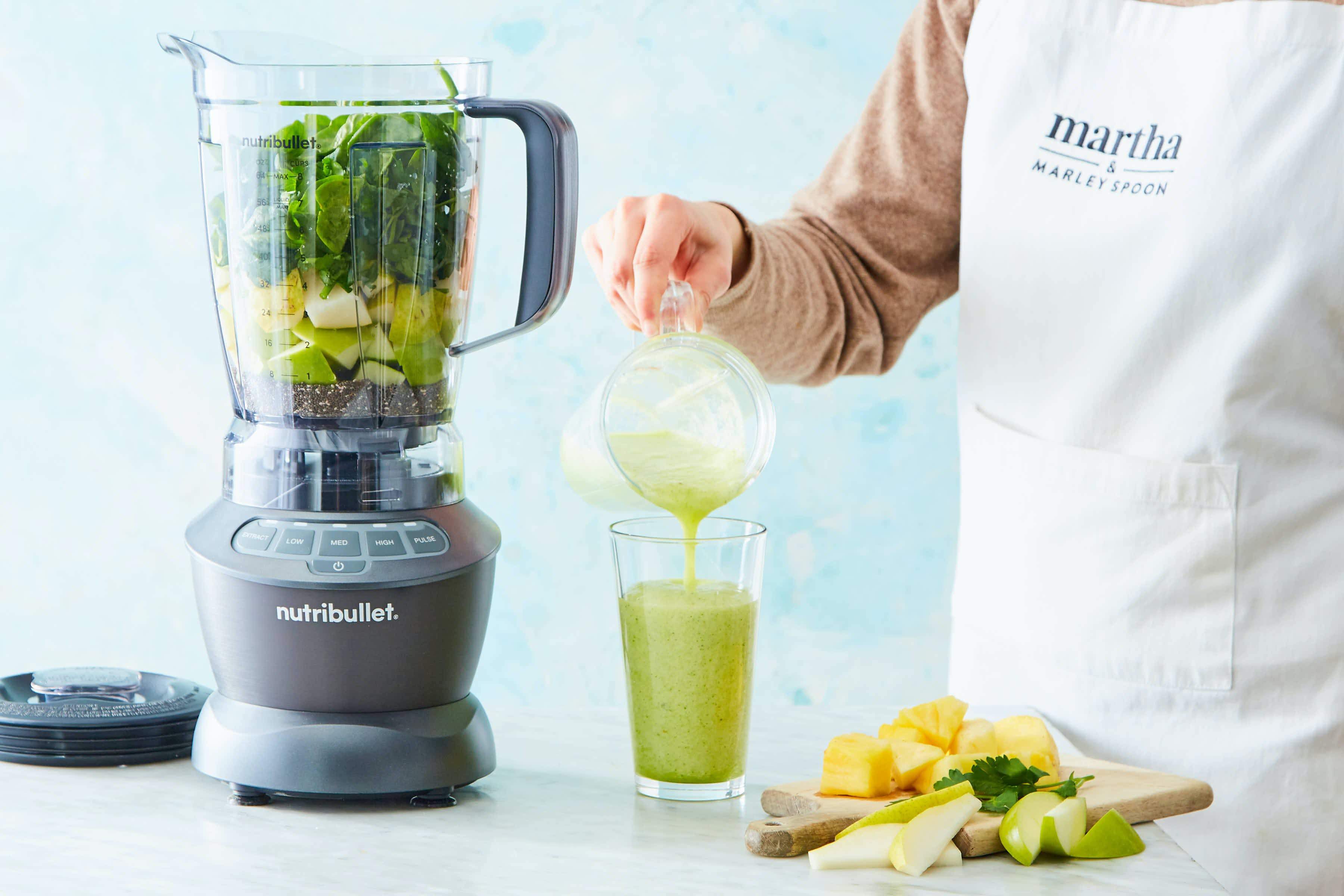The American Gastroenterological Association estimates that about 60 million Americans suffer from GERD or gastroesophageal reflux disease. Often known as acid reflux or heartburn, this common ailment has some potentially serious side effects. Instead of immediately relying on medication to fix this condition, let’s take a look at some food-based and lifestyle-based approaches that can diminish symptoms.
-
Eliminate Triggers – Getting rid of acidic foods or foods that cause increased acid production is the best place to start. Eliminate tomatoes, pineapple, oranges, grapefruits, coffee, alcohol, spicy foods, high-fat foods, chocolate and peppermint. These foods will either increase acid production or decrease lower esophageal sphincter strength, causing acid to seep out of the stomach and into the throat.
-
Change Your Diet – Increase vegetables intake and follow a more paleo-based eating approach. I have found this diet works wonders for those who suffer from acid reflux. The concept revolves around consuming what our early ancestors would have eaten: vegetables, animal protein, limited fruits and healthy fats like nuts and seeds.
-
Investigate Potential Microbiome Imbalances – Many people with acid reflux utilize proton pump inhibitors or PPI, to decrease the acidity of their stomachs. This is great during an intense flare-up, but when used long term, it can often lead to an imbalance of bacteria in the gut. I see more and more patients with digestive issues related to prolonged PPI use. For a more natural approach, increase fermented foods in your diet and take a probiotic to crowd out harmful bacteria.
-
Eat Early – Moving dinner time to at least three hours before bed can help ensure that the food has passed out of the stomach and will not cause an issue when laying down. Also, propping the head up on an extra pillow can help encourage acid to remain in the stomach.
-
Add in Gut-Friendly Supplements – L-Glutamine is an amino acid that helps repair cells in the lining of the gut. I typically recommend about four grams per day in water or a smoothie. Zinc-carnosine combines L-carnosine with elemental zinc and has been shown to support mucosal integrity and gastrointestinal immune defenses while also relieving occasional indigestion. Aloe vera is not only good for your skin but it helps to soothe intestinal inflammation, as well. It can also help alleviate constipation. You can find additional supplements and tips to improve digestive function in the Optimized Digestion Meal Plan Guide.
Managing acid reflux naturally by following these tips will not only help improve symptoms, but they’ll also improve overall health. Healing the gut may help prevent and relieve symptoms of allergies, constipation, brain fog, eczema, anxiety, bloating and much more. The power to change health begins with creating awareness around what we choose to eat and how we choose to live.
Nutritional information
Recipe: Creamy Green Strawberry Dream Serving in this recipe:1
- Calories: 236.6
- Total Fat: 3.6 g 5.5%
- Saturated Fat: 0.4 g 1.9%
- Cholesterol: 0 mg 0%
- Sodium: 358.7 mg 14.9%
- Total Carbs: 45.7 g 15.2%
- Dietary Fiber: 9.9 g 39.4%
- Sugar: 22.1 g
- Protein: 8.1 g 16.2%
- Vitamin A: 481.9% Vitamin C: 244.1%
- Calcium: 68.5% Iron: 26.1%
* Percent Daily Values are based on a 2,000 calorie diet. Your daily values may be higher or lower depending on your calorie needs.

